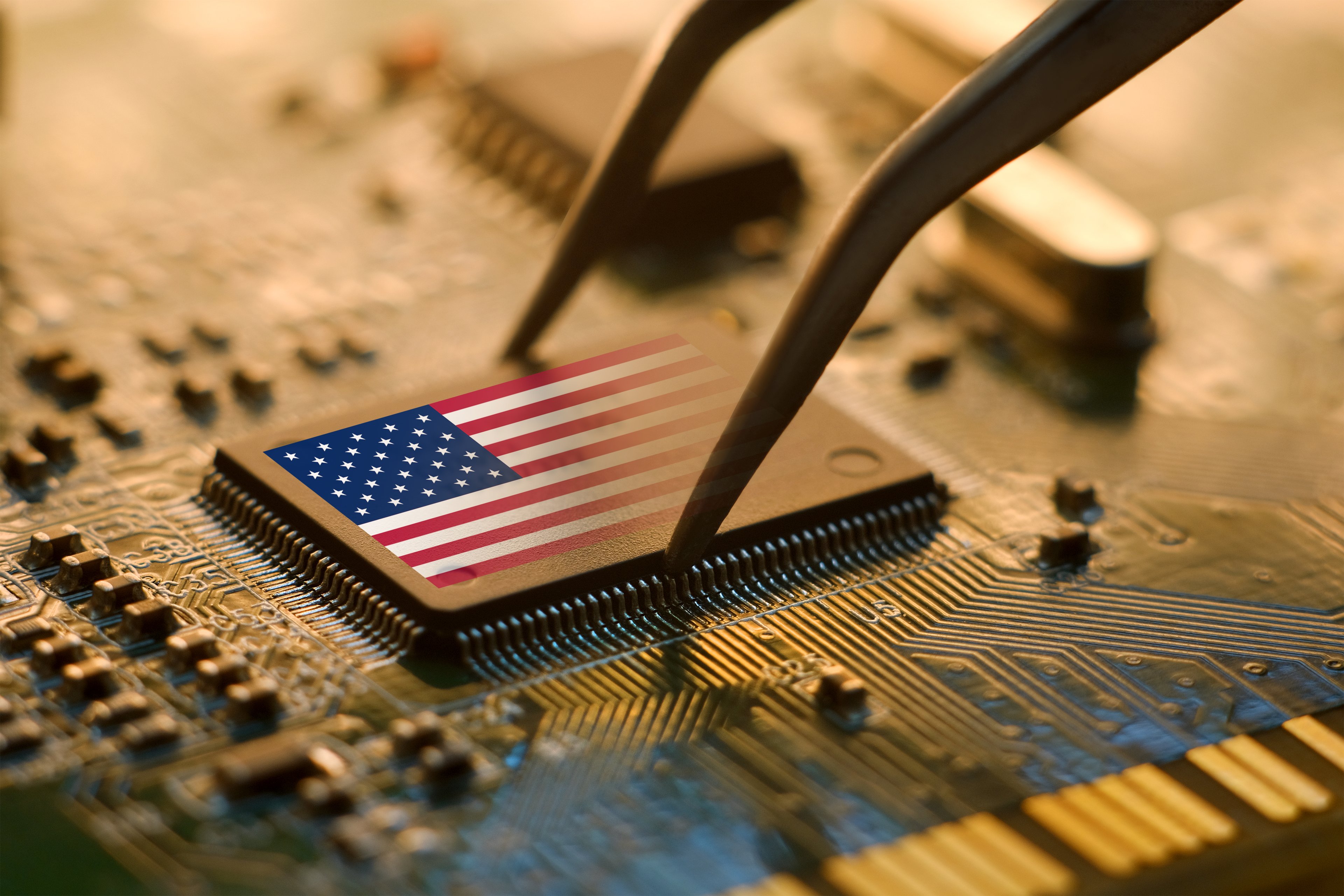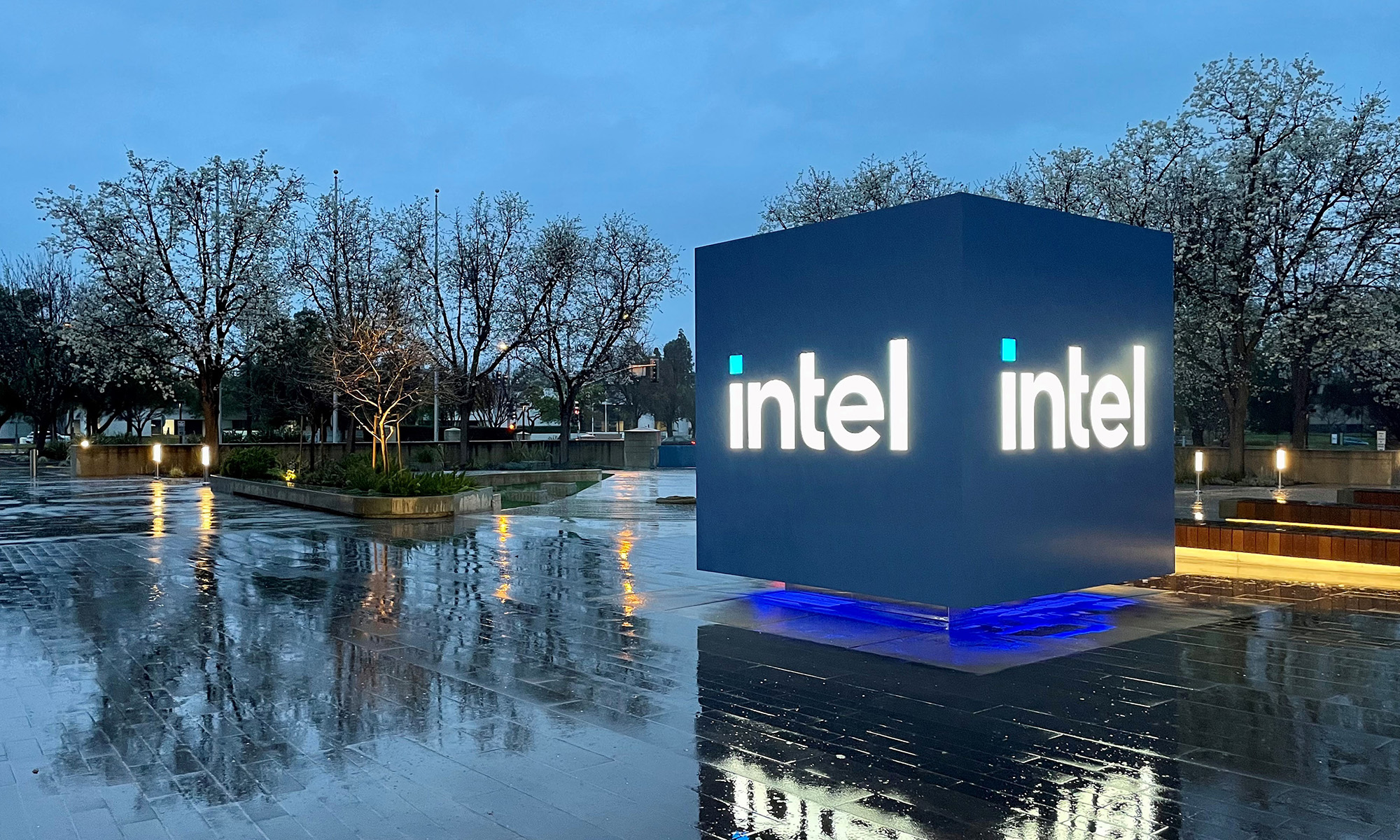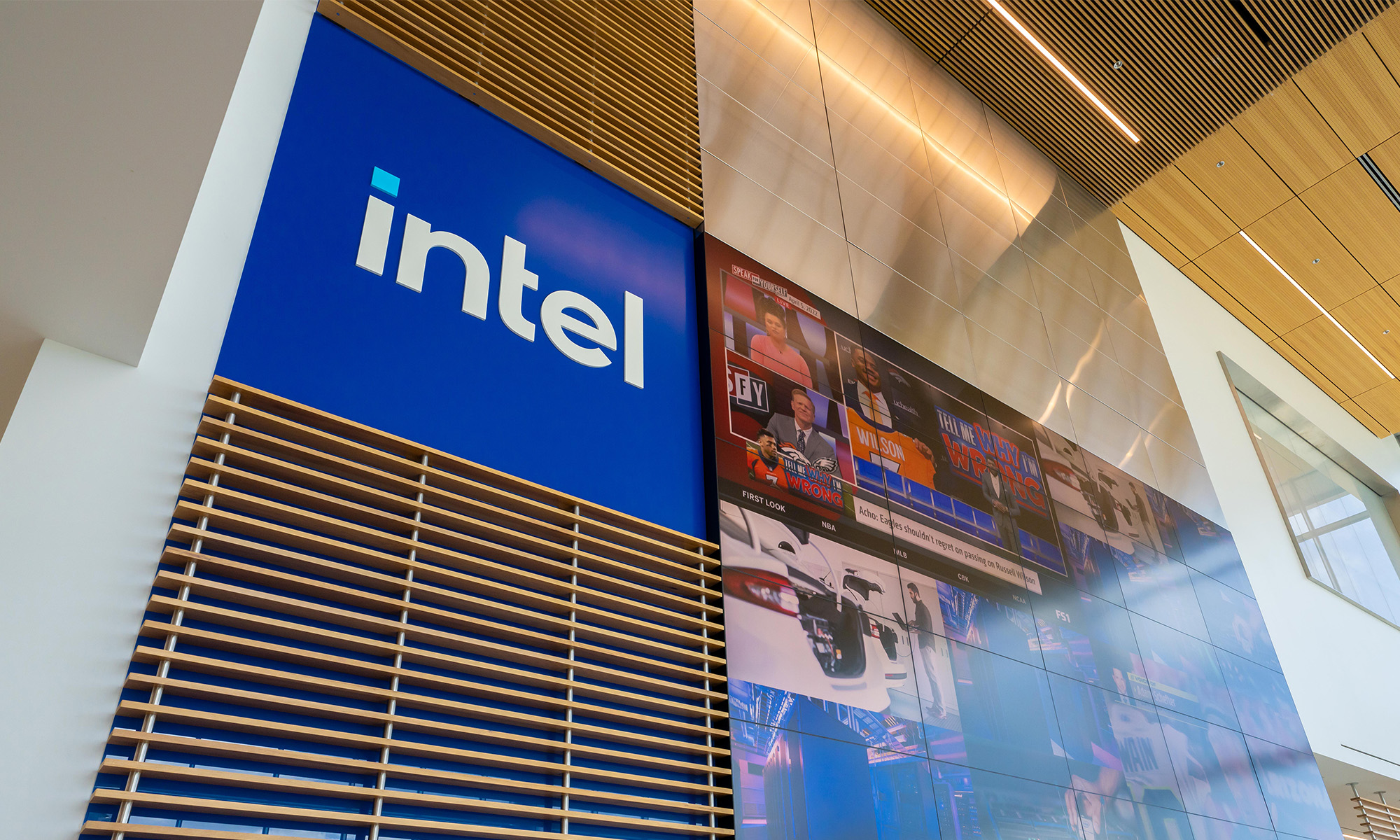Respected microprocessor analyst Linley Gwenapp recently published a report (via Barron's) in which he points out that chipmaker Intel (INTC 1.24%) has hired quite a lot of external talent to hold VP-level positions.
This, he argues, may lead to a change in the company's "not invented here" culture (which Wikipedia nicely describes as "the philosophical principle of not using third-party solutions to a problem because of their external origin"), ultimately helping it to succeed in new growth markets.
Interestingly, Gwenapp says that these changes may be "too late" to bring some much-needed life to its mobile chip business, which, to put it very mildly, has been a disappointment.
The question I'd like to explore here is this: Is it really too late for Intel to "save" its mobile chip business?
It depends on your expectations
Several years ago, Intel seemed to have ambitions to take substantial market segment share in the mobile chip market. The company made a number of acquisitions to gain access to valuable intellectual property required to participate in this market (e.g., Infineon Wireless for cellular modem/RF capability, Silicon Hive for its image signal processor capabilities, and so on) and invested heavily in product research and development.
You can't say that Intel didn't try.
However, after years of failing to gain material traction in the broader market for mobile processors (especially smartphones), the company is now cutting its spending significantly in a bid to improve the profitability of its mobile efforts. Between 2014 and 2016, Intel has indicated that it will reduce operating expenses dedicated to mobile by roughly $1 billion.

Something is being de-emphasized within Intel. Data source: Intel.
Additionally, in discussing its growth strategy going forward, mobile computing is not even part of the equation. The focus is on its Data Center, Internet of Things, and Non-Volatile Memory groups to drive growth to offset a flat-to-down client computing business (which includes both PCs and the company's mobile efforts).
Intel seems to want a presence in mobile, but it no longer appears to have ambitions to fight for and capture substantial amounts of market segment share from established competitors.
So, if your expectations are for Intel to become a major competitor to mobile chip giants Qualcomm (QCOM +1.16%) and MediaTek, you will be disappointed. If you think Intel will eventually ship enough mobile silicon (either by itself or via partners) such that the X86 architecture becomes relevant in the mobile computing market, thus capturing developer mindshare, then I think the business can be successful over time.
Why has Intel seemingly given up?
It is disappointing that Intel has seemingly given up trying to be a major force in the mobile chip market, but given how poorly the company has executed in this segment thus far, management may have simply come to the realization that this is not a market that the company can really lead in.
Indeed, Intel's efforts here have been just barely competent.
More importantly, though, Intel management probably thinks that the mobile market itself is not exactly a great place to be in these days. At the high end, device vendors seem to be trying to move to in-house silicon solutions rather than source from third-party chipmakers like Qualcomm and MediaTek.
It also doesn't help that Apple (AAPL +2.60%), which designs its own chips, has gained significant share within the high-end device market,
In the mid-range and low end -- where the meat of the market is and where the largest opportunities lie for merchant chipmakers -- competition from Qualcomm and MediaTek is quite fierce. As a newcomer trying to capture share from two strong incumbents, the profit opportunity -- at least in the near to medium term -- probably isn't all that great.
At the end of the day, Intel's non-PC growth businesses all have very good long-term potential and Intel seems to be anywhere from solidly competitive to extremely competitive in these areas. These markets also offer fairly sizable revenue opportunities and growth in these segments should serve to offset any future weakness in PCs, ultimately allowing Intel to be a growth company.








